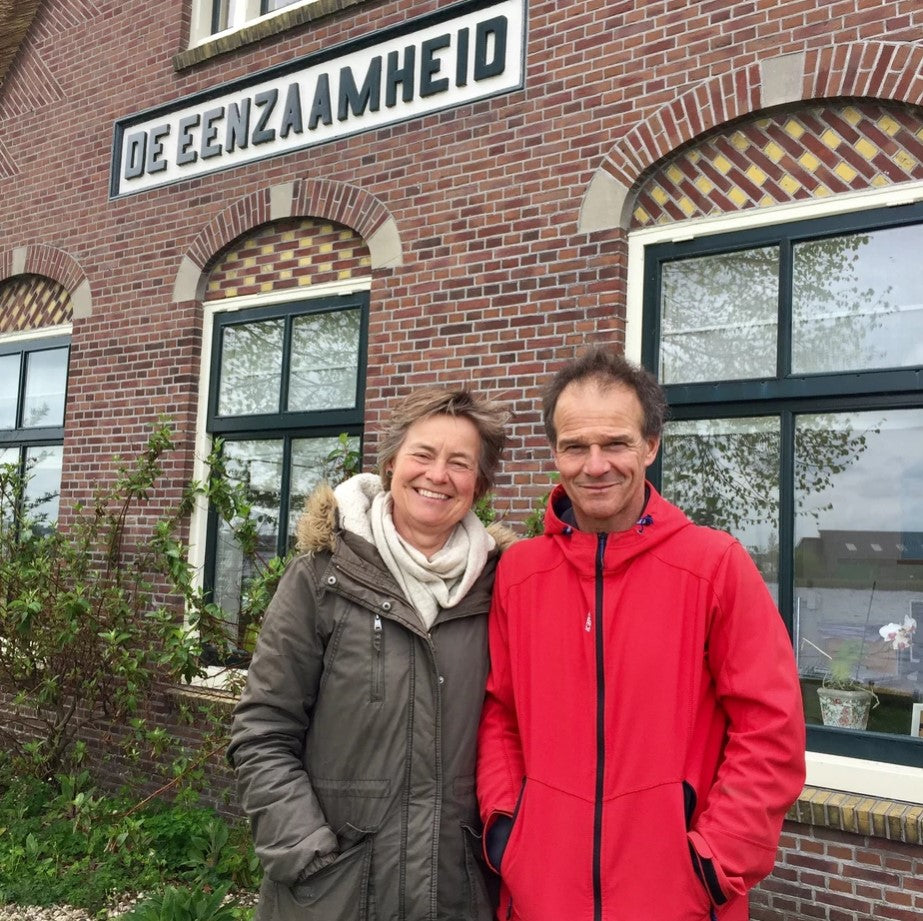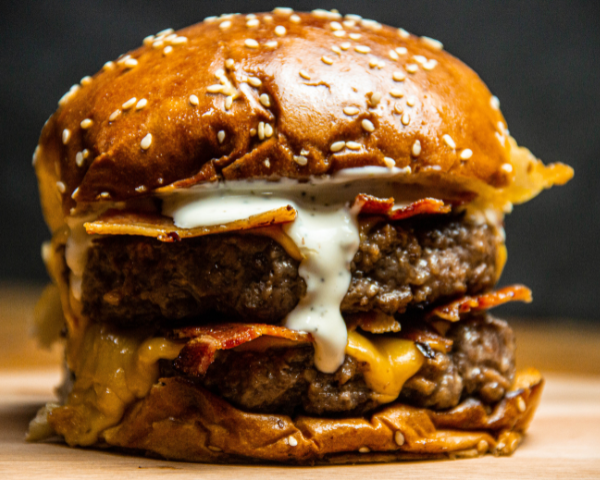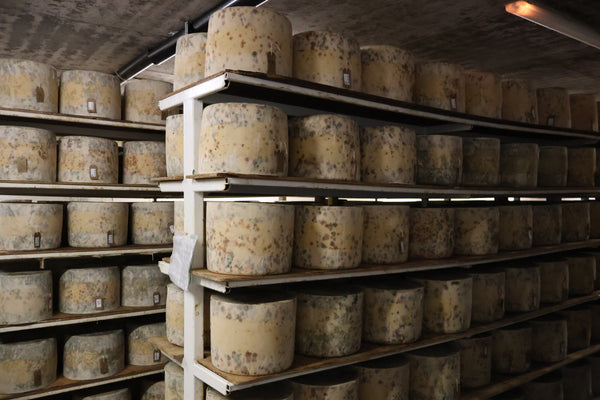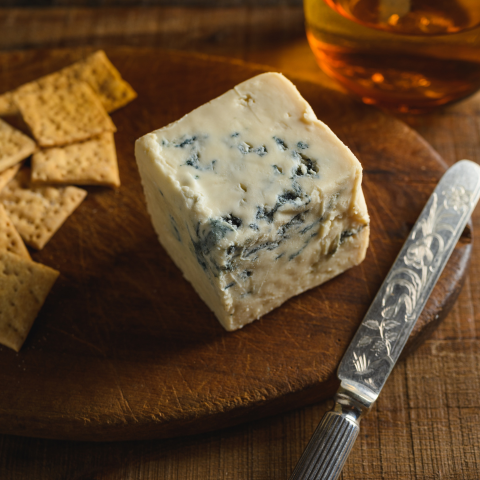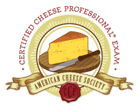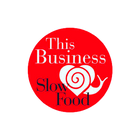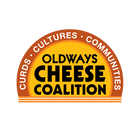Like cheddar, Gouda is a cheese that confuses. When we think of Gouda, we think of the red waxed, semi-soft type or the smoked, brown rinded Gouda of our childhood. The reality is that type of Gouda has damaged the reputation of the real thing. My first experience with real Gouda was at Artisanal in New York almost fifteen years ago. They sold a hard Gouda, dry, dark orange, with a crunchy texture. The flavor was intense, deep and sweet with notes of caramel. My mind was blown. This was not my mother's gouda! It was Dutch aged Gouda.
When we opened the shop, I knew we needed a Gouda like that. We found one from our distributor, and we started there. It was hard to find out much about it except for its age. For the first two years, we were in business that Gouda worked. Our customers liked it, and for many, it was their first introduction into the real Dutch Gouda. For us, it was a good starting point. Our evolution, growth, and experience have changed what is in our cheese case. The more you learn, the more you know. We have honed our sourcing and sharpened our mission. It is no longer enough for the cheese to be a real Dutch Gouda. The supermarket has that covered. So does Trader Joes. Brands like Old Amsterdam, Vintage, and Rembrandt are readily available. While "real" they are factory-made products. We want our cheese to reflect where it comes from, be made on a farm, and support small agriculture instead of industrial. These factory-made cheeses are homogeneous, are always pasteurized, and have little taste of place. There is virtually no complexity. Luckily for us, we were introduced to the folks at Essex Street Cheese. The Essex mission is to source the most traditional and authentic European cheeses and bring them to the US market. Their portfolio is small but mighty and includes our Comte, Parmigiano Reggiano, Manchego, Feta, and our three L'Amuse Goudas. This week we want to tell you about Wilde Weide. It is a next-level Dutch Gouda.

Wilde Weide (wild meadow) is made by Jan and Roos Van Schie in Warmond, Holland. Their farm is located about an hour south of Amsterdam and is situated on an island. They produce just eight wheels a day from the raw milk of their cows, which include Montbeliarde and Red Friesan breeds. These cows graze the wild meadow on the farm and produce high-quality milk. They graze year-round, and their diet shines through in the milk and cheese. Wilde Weide is full-flavored with notes of butter, hazelnut, tropical fruit, and bourbon. It ages on the farm, and Betty Koster of L'Amuse selects wheels for us at about 15 months old. You can taste the quality of the milk and the care that Jan and Roos put into their cheese. Roos, who is a trained opera singer, sings to the wheels as she puts them on the wooden shelves in the aging room. Why does any of this matter? Flavor, deliciousness, tradition, and choice. Raw milk, farmhouse Gouda is an endangered cheese. There are very few left, so by choosing a cheese-like Wilde Weide over any old aged Gouda, we help the traditional stay alive, and we as consumers have more choices in our food. We hope you will stop by the shop and ask our cheesemongers for a taste of Wilde Weide.

